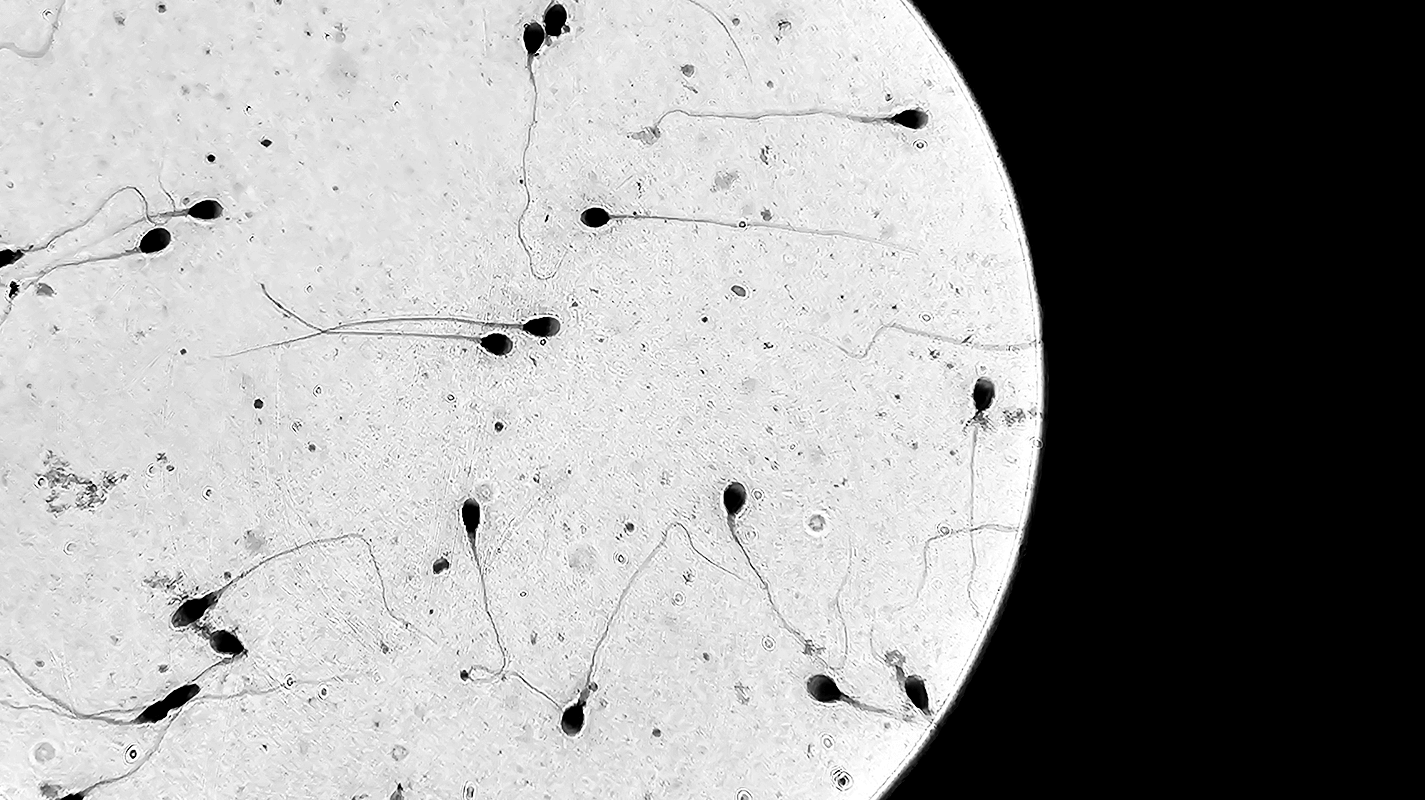
As a child, you probably heard an adult say something like “enjoy your childhood because when you least realize it, it'll be over”. At the time it seemed that it was an exaggeration, today we know that it is not. The pace of life is so fast that it leaves almost no room for a break. If only we could freeze time, refrigerate for moments, remain still. Unfortunately, there are few things we can stop. Fertility used to be one of those unstoppable things, not anymore! Today's technology allows us to slow down the passage of seconds and preserve life itself. In this article, we'll tell you how. The answer is one: freezing embryos. But what is embryo freezing?
Is embryo freezing for me?
If having a family is in your plans (or if you don't know if you want a family yet), but not right now, freezing embryos could be a great option for you. This procedure will allow you to preserve your fertility and leave the decision to your future self without worrying about the passage of time. How long? Successful pregnancies have been reported with embryos that were frozen for up to 27 years, 27 years! Although long-term studies are still needed to determine how many more years they can remain frozen without damaging cells, this will probably be enough for you.
More than one reason to freeze
The list of reasons may be endless, but who has their Why personal, those are the ones that matter! However, there are some medical reasons why you might want to go for this option. How do I know if I should freeze embryos? One of the reasons why freezing embryos is a great option is for cancer patients, as cancer treatments (such as chemotherapy and radiation) can affect the reproductive system and make pregnancy difficult. Freezing embryos before starting cancer treatment is freezing hope for the future.
Freezing is also recommended for reasons in the case of trans patients. Some hormonal treatments or transition surgeries may impair the ability to reproduce. However, transitioning should not be a reason not to be able to conceive. If you're about to start your transition, consider freezing embryos. That way, you'll always have the option of starting a family.
Needing a partner to think about starting a family is a thing of the past
Surely you have read that one of the disadvantages of freezing embryos is that it is something that must be done as a couple. This is not quite right. While it's true that unlike freezing eggs and freezing sperm, freezing embryos require sperm and eggs for the fertilization process, you don't need to have a partner. When it comes to a semen sample, for example, you can get it from the sperm bank. The best banks subject both donors and samples to a variety of rigorous tests to ensure sperm quality and safety. Families are diverse and if you want to have one (even if it's for many years), there's nothing stopping you.
What is embryo freezing? Steps to freeze time
We've already talked about why you might choose to freeze, now let's talk about what embryo freezing actually is and what are the steps to freeze embryos so you can know every detail of this process for preserving fertility.
- Step 1: Hormonal treatment stimulates the ovaries in order to release and develop mature eggs.
- Step 2: When ready, a team of specialists will capture mature eggs in a 15-minute, painless and safe procedure. In the meantime, a semen sample is obtained and the sperm are tested.
- Step 3: with eggs and sperm cells in the laboratory, a specialized embryologist performs in vitro fertilization.
- Step 4: we wait for the fertilized egg to develop, for this reason we place it in the optimal atmosphere through state-of-the-art technology.
- Step 5: everything ready! The embryos will be frozen in liquid nitrogen tanks, thus stopping all biological processes and keeping them intact for as long as you want to use them.
In Integral Fertility, in addition, we have a security system through which only you (and your partner, if that is the case) have access to embryos.
Is that all?
This is just a small introduction to embryo freezing. Before starting your journey towards preserving your fertility, of course you'll want to know more details about the procedure and have all the information available. For example, you'll want to know what works best for you, whether to freeze eggs or embryos (click Here to learn the advantages and disadvantages of each procedure).
In addition, it is important to receive an accurate assessment of the state of your body and your fertility by a team of specialists before starting any treatment. In all these things and more we can help you, our goal is to freeze time in a safe, kind and conscious way.







